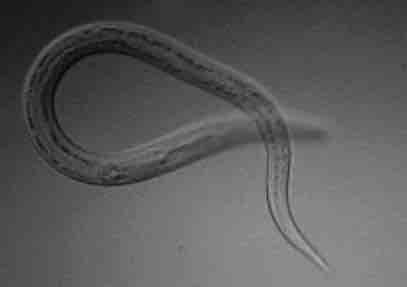Parasitic worms, often the result of horrible illness and disease, appear to have medicinal properties as well. The importance of parasitic worms has come to light in regards to treating various diseases which may benefit from their presence. It is argued that humans have evolved with parasitic worms and there is a mutualistic relationship which mandates the need for parasitic worms to contribute to a healthy immune system. The most common use of parasitic worms for medicinal purposes is in the use against diseases characterized by an overactive immune response. An overactive immune response is often seen in individuals with allergies and hay-fever, specifically in developed countries where parasites have been under strict prevention and control. It is speculated that parasitic worms have the ability to damp down the immune system, which promotes an environment where they can thrive without being attached. In return, the damping down of the immune system is believed to be beneficial, as this may prevent the development of allergies.
An additional study links an increase in metabolic syndrome in the Western world and the success in preventing and eliminating parasites. The study demonstrates that immune system cells, eosinophils, that are present in fat tissue play a role in the prevention of insulin resistance via secretion of interleukin 4. The interleukin 4 is then able to activate macrophages that function in the maintenance of glucose homeostasis. The study showed that parasitic worm infection results in an increase in eosinophils, thus, promoting control of glucose maintenance .

Image of Necator Americanus
Infectious Necator americanus larva are applied to the skin in therapy, either in a single dose or in multiple smaller doses over the course of two or three months.
The hypothesis that parasites are necessary for a healthy immune system is currently under investigation and still requires multiple lines of evidence.